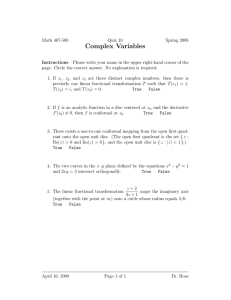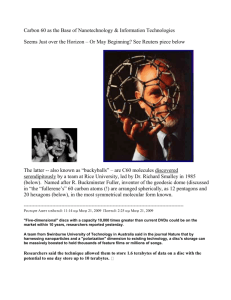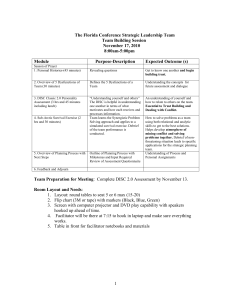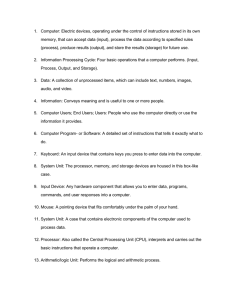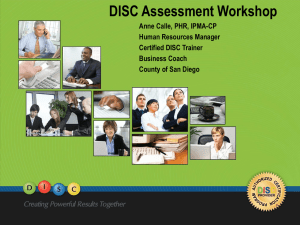INSTRUCTION SHEET: BACK INJURY University of North Carolina Wilmington
advertisement
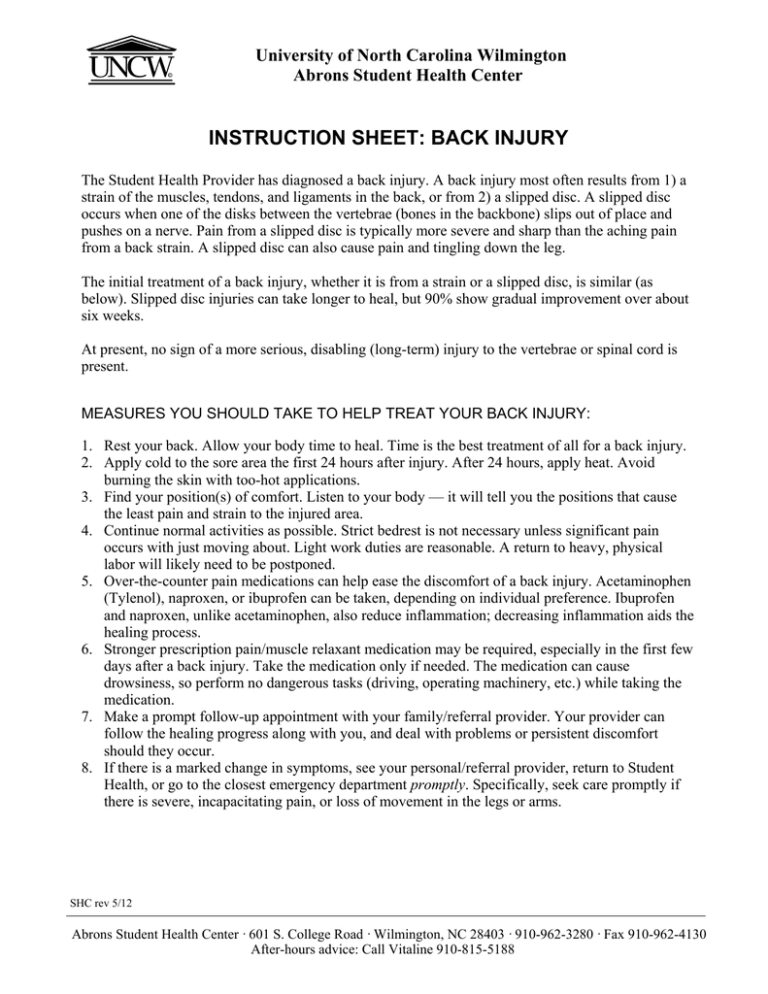
University of North Carolina Wilmington Abrons Student Health Center INSTRUCTION SHEET: BACK INJURY The Student Health Provider has diagnosed a back injury. A back injury most often results from 1) a strain of the muscles, tendons, and ligaments in the back, or from 2) a slipped disc. A slipped disc occurs when one of the disks between the vertebrae (bones in the backbone) slips out of place and pushes on a nerve. Pain from a slipped disc is typically more severe and sharp than the aching pain from a back strain. A slipped disc can also cause pain and tingling down the leg. The initial treatment of a back injury, whether it is from a strain or a slipped disc, is similar (as below). Slipped disc injuries can take longer to heal, but 90% show gradual improvement over about six weeks. At present, no sign of a more serious, disabling (long-term) injury to the vertebrae or spinal cord is present. MEASURES YOU SHOULD TAKE TO HELP TREAT YOUR BACK INJURY: 1. Rest your back. Allow your body time to heal. Time is the best treatment of all for a back injury. 2. Apply cold to the sore area the first 24 hours after injury. After 24 hours, apply heat. Avoid burning the skin with too-hot applications. 3. Find your position(s) of comfort. Listen to your body — it will tell you the positions that cause the least pain and strain to the injured area. 4. Continue normal activities as possible. Strict bedrest is not necessary unless significant pain occurs with just moving about. Light work duties are reasonable. A return to heavy, physical labor will likely need to be postponed. 5. Over-the-counter pain medications can help ease the discomfort of a back injury. Acetaminophen (Tylenol), naproxen, or ibuprofen can be taken, depending on individual preference. Ibuprofen and naproxen, unlike acetaminophen, also reduce inflammation; decreasing inflammation aids the healing process. 6. Stronger prescription pain/muscle relaxant medication may be required, especially in the first few days after a back injury. Take the medication only if needed. The medication can cause drowsiness, so perform no dangerous tasks (driving, operating machinery, etc.) while taking the medication. 7. Make a prompt follow-up appointment with your family/referral provider. Your provider can follow the healing progress along with you, and deal with problems or persistent discomfort should they occur. 8. If there is a marked change in symptoms, see your personal/referral provider, return to Student Health, or go to the closest emergency department promptly. Specifically, seek care promptly if there is severe, incapacitating pain, or loss of movement in the legs or arms. SHC rev 5/12 Abrons Student Health Center · 601 S. College Road · Wilmington, NC 28403 · 910-962-3280 · Fax 910-962-4130 After-hours advice: Call Vitaline 910-815-5188
